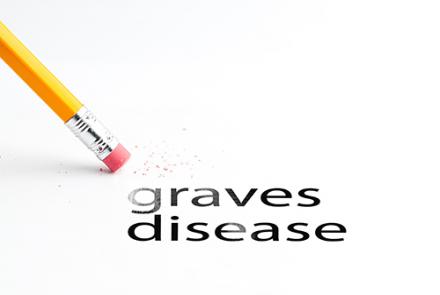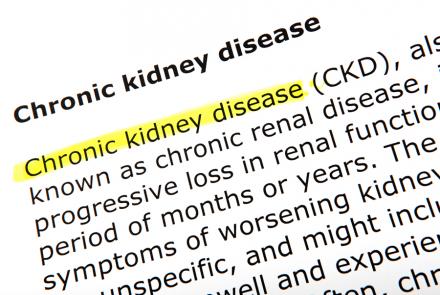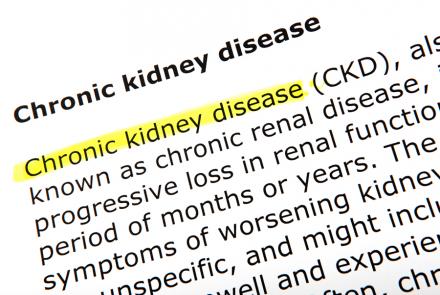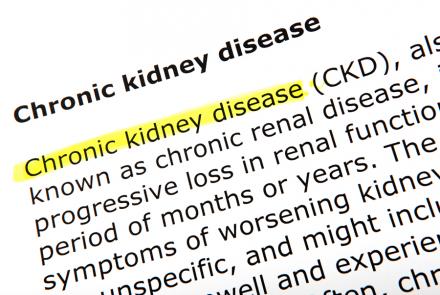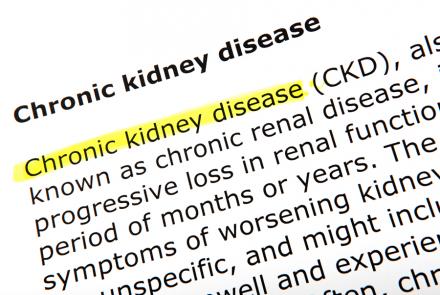Often there are few signs and symptoms in the early stages, which is why ovarian cancer is often detected late. In most cases, the symptoms persist for several months before being recognised and diagnosed.
These are some of the more common symptoms of Ovarian Cancer:
Bloating – the abdomen feels tight, full, or with an abdominal mass
Abdominal or pelvic pain
Difficulty eating
Urinary symptoms
Constipation
Abnormal vaginal bleeding
Rectal bleeding…
Latest Stories
- Ovarian cancer is classified according to the histology of the tumour, obtained in a pathology report. Histology staging and grading dictates the aspects of clinical treatment, management and prognosis for each patient: Surface epithelial-stromal tumour, also known as ovarian epithelial carcinoma, is the most common type of ovarian cancer that arises from the cells covering the surface of the ovary. Sex cord-stromal tumours are benign or malignant tumours in cells that surround…
- We do not yet know what causes Ovarian Cancer. But we do what increases the risk of developing ovarian cancer. You are at higher risk of developing ovarian cancer if: You are over 55; the average age at diagnosis is found to be 63 You have a family history (risk is higher for 1st degree relatives) You have BRCA1 and BRCA2 gene mutation You have a history of breast, uterine or colorectal cancer You have a genetic link to Lynch syndrome You started menstruating before 12 yrs of age You have…
- What is Graves' disease? Graves' disease is an autoimmune disorder that causes the thyroid gland to become overactive. This is one kind of hyperthyroidism. An autoimmune disorder causes the body’s immune system to mistakenly attack the body’s own cells instead of protecting them from outside invaders. In Graves’ disease, the body’s immune system secretes immunoglobulins (autoantibodies) against the thyroid gland. These immunoglobulins irritate the thyroid gland and make it produce more thyroid…
- Managing Chronic Kidney Disease Chronic kidney disease brings a markedly increased risk of cardiovascular disease, which is a more common cause of death in these patients than renal failure. These patients often have other risk factors for heart disease, such as hyperlipidemia (increased lipid levels in blood). Chronic Kidney Disease Diet CKD patients are kept on a special diet. The purpose of this diet is to keep the levels of electrolytes, minerals and fluid in balance. These changes…
- Can Chronic Kidney Disease (CKD) be prevented: The following may reduce your risk of developing or worsening CKD: Stop smoking and drinking alcohol Eat a balanced diet – avoid eating high cholesterol foods Exercise regularly Avoid usage of unprescribed medicine e.g. NSAIDs (pain killers) and abuse of antibiotics Manage your diabetes well Control your blood pressure
- Different stages of Chronic Kidney Disease(CKD) Stage 1: The eGFR (estimated GFR) shows normal kidney function but you have some pre-existing kidney damage or disease. eGFR is 90 or more ml/min/1.73m2. This is the first stage of CKD. Stage 2: Mildly reduced kidney function and you are already known to have some kidney damage or disease. Stage 3: Moderately reduced kidney function (with or without a known kidney disease. For example, an elderly person with ageing kidneys may have reduced…
- What causes Chronic Kidney Disease (CKD) Diabetes mellitus (an increase in blood sugar level) raises the risk of developing CKD. Hypertension (high blood pressure), if poorly controlled, can lead to CKD. CKD can also cause high blood pressure. Diabetes and hypertension together are responsible for two-thirds of cases of CKD. Glomerulonephritis, a group of diseases that cause inflammation and damage to the kidney's filtering units. These disorders are the third most common type of kidney…
- Tests for Chronic kidney disease In many CKD patients, previous renal disease or other underlying diseases are already known. A small number present with CKD of unknown cause. Assessment of GFR is the best test to measure the level of kidney function and determine the stage of kidney disease. Urinary tract ultrasound and abdominal ultrasound, in which the size of the kidneys is measured. Kidneys with CKD are usually smaller (< 9 cm) than normal kidneys, with notable exceptions such as in…




